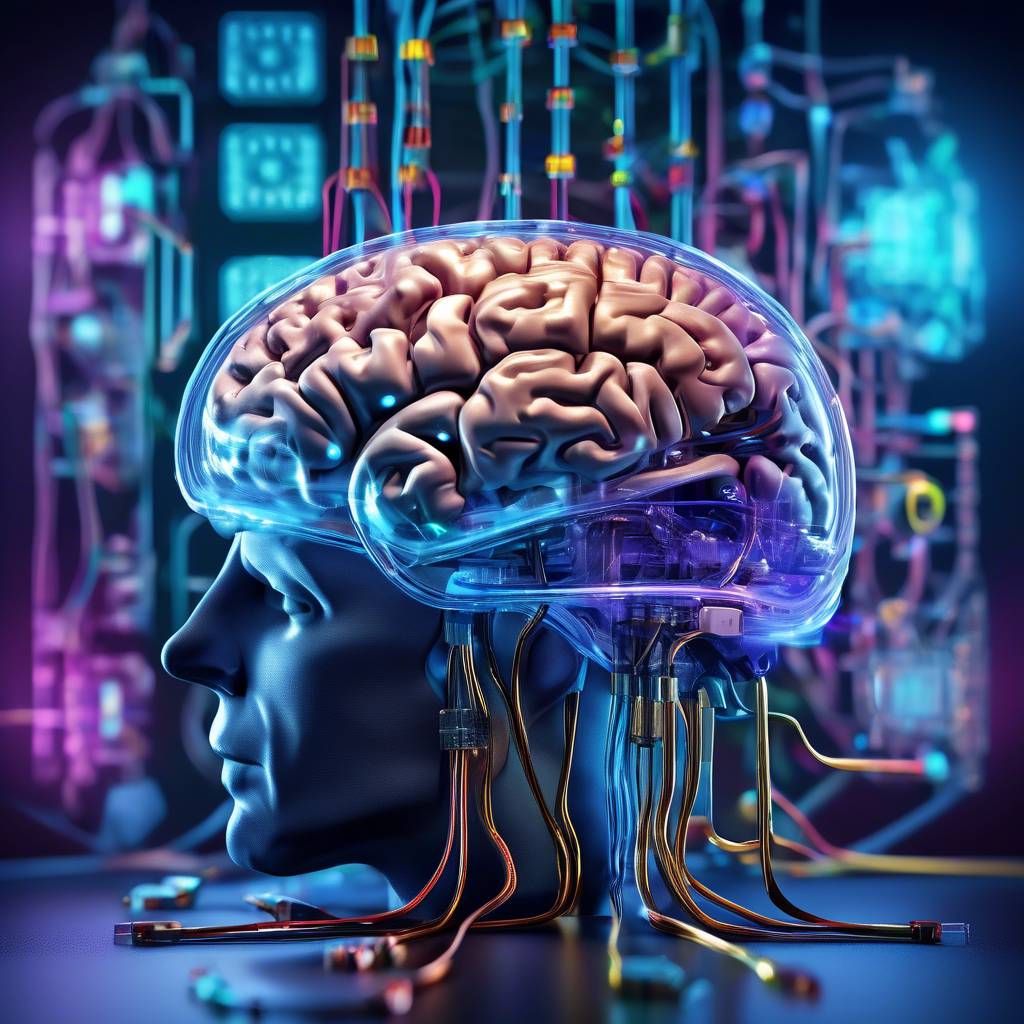Elon Musk’s brain chip implant startup, Neuralink, had its first test subject, Noland Arbaugh, develop issues just a few weeks after the chip was inserted. The company revealed that some of the connective threads retracted from Arbaugh’s brain, affecting the implant’s data speeds and effectiveness. Despite limited details about the incident, Neuralink was able to make adjustments to the implant to increase its performance.
Arbaugh, a quadriplegic since 2016, was implanted with the chip as part of the PRIME Study to test the safety and functionality of Neuralink’s brain-computer interface. The chip, surgically placed in the part of the brain controlling movement intentions, sends brain signals to an app to help users control a computer cursor or keyboard using their thoughts. Arbaugh was able to control a computer mouse with his brain a month after the operation.
Neuralink’s long-term ambition is to connect human brains to computers to assist paralyzed individuals in controlling devices or regain sight for blind people. The company’s implant collects and interprets electrical signals from the brain to perform actions. Musk has mentioned that the first product, Telepathy, will cater to individuals who have lost the use of their limbs, aiming to improve communication for people like Stephen Hawking.
Despite Musk’s vision for Neuralink’s technology, widespread consumer accessibility is still distant due to the need for regulatory approvals. The FDA has cleared the company for trials, and Neuralink has informed the agency about the issue with Arbaugh’s implant threads. The ultimate goal is to allow individuals with disabilities to control devices using their thoughts, enhancing their quality of life through advanced technology. The company continues to work towards developing safe and effective brain-computer interfaces for various applications.









